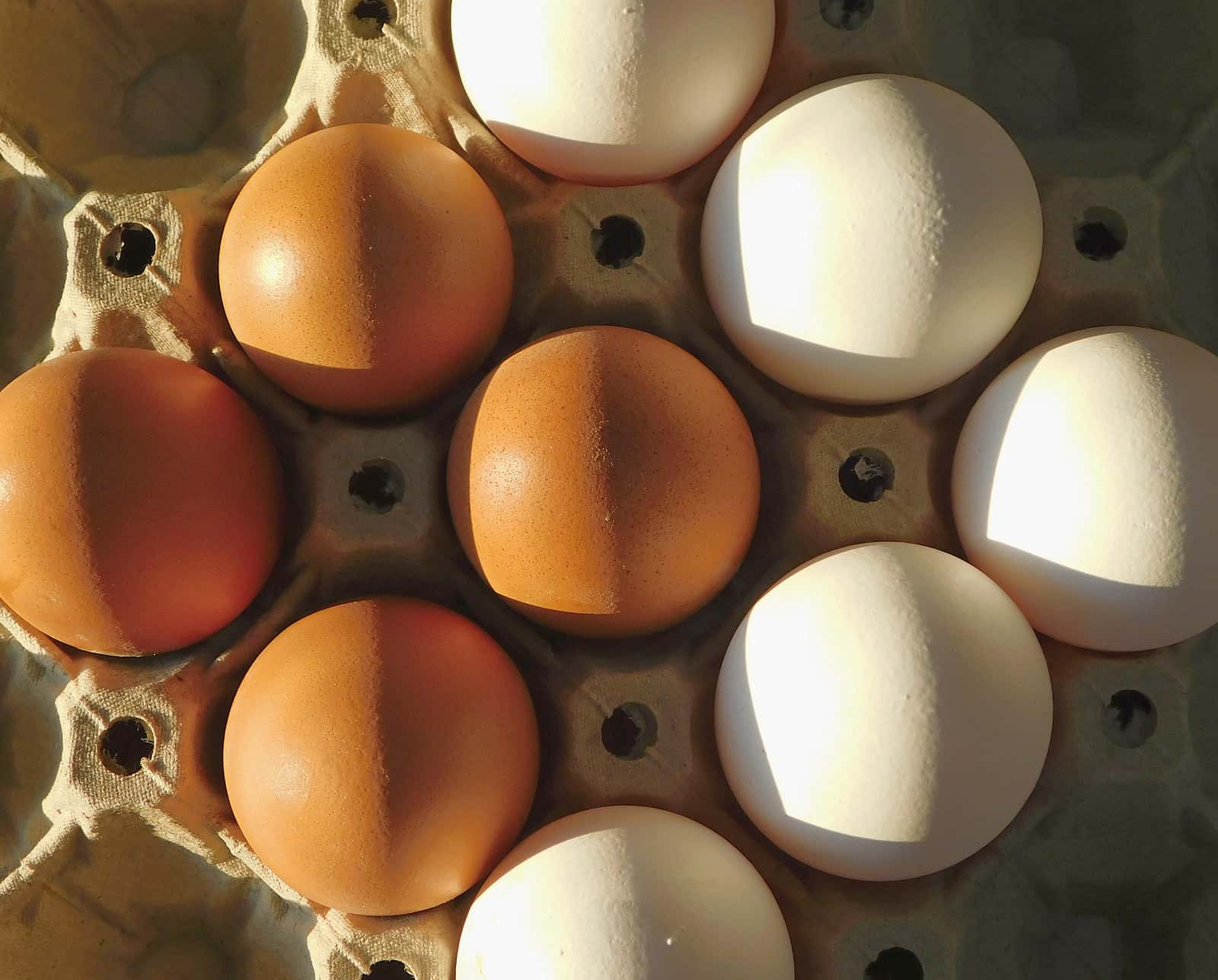
Researchers have known for a long time that the biochemical choline is critical for the proper neurological development of newborns. This compound is the basic building block for the neurotransmitter acetylcholine. There is also evidence that choline boosts brain function for senior citizens.
Could Eggs Be Good for the Brain?
Eggs are high in cholesterol, so for years Americans have been cautioned to moderate their consumption. On the other hand, eggs also provide certain nutrients such as choline and lutein that are beneficial for the brain. An analysis of data from nearly 900 older adults suggests that egg consumption helps women remember words better. The analysis is fresh, although the data were collected long ago.
The volunteers entered the Rancho Bernardo Study between 1988 and 1991. They also answered detailed dietary questionnaires and took cognitive tests. About four years passed between their entry into the study and their second round of mental assessments.
The investigators report that women who ate more eggs did slightly better on a part of the test termed “category fluency” (Nutrients, Nov. 18, 2024). Both men and women who ate between two and four eggs a week had lower cholesterol levels than those who never ate eggs or those who ate multiple eggs a day.
The researchers conclude that
“egg consumption does not have detrimental effects and may even have a role in the maintenance of cognitive function.”
Previous Study Suggested Choline Boosts Brain Power:
Scientists have evidence that choline intake over the lifespan may affect cognitive function in later years. In one study, investigators collected dietary information on roughly 1,400 middle aged adults (American Journal of Clinical Nutrition, Dec. 2011). Over the next decade, the study participants took several tests of memory and cognitive ability. Some also underwent MRI scans of their brains.
Those with higher choline intake scored better on mental function tests. Foods that are high in choline include eggs, liver, milk, oily fish, chicken and soybeans.
That research took place in Framingham, Massacusetts, but the evidence extends far beyond Americans. Other studies have also found that choline boosts brain function. A long-term cohort study in China found that higher choline intake helped slow cognitive decline over 22 years (Nutrients, Aug. 26, 2024).
Citations
- Kritz-Silverstein D & Bettencourt R, "Egg consumption and 4-year change in cognitive function in older men and women: The Rancho Bernardo Study." Nutrients, Nov. 18, 2024. DOI: 10.3390/nu16162765
- Poly C et al, "The relation of dietary choline to cognitive performance and white-matter hyperintensity in the Framingham Offspring Cohort." American Journal of Clinical Nutrition, Dec. 2011. DOI: 10.3945/ajcn.110.008938
- Huang F et al, "Dietary Choline Intake Is Beneficial for Cognitive Function and Delays Cognitive Decline: A 22-Year Large-Scale Prospective Cohort Study from China Health and Nutrition Survey." Nutrients, Aug. 26, 2024. DOI: 10.3390/nu16172845

